Premium Only Content
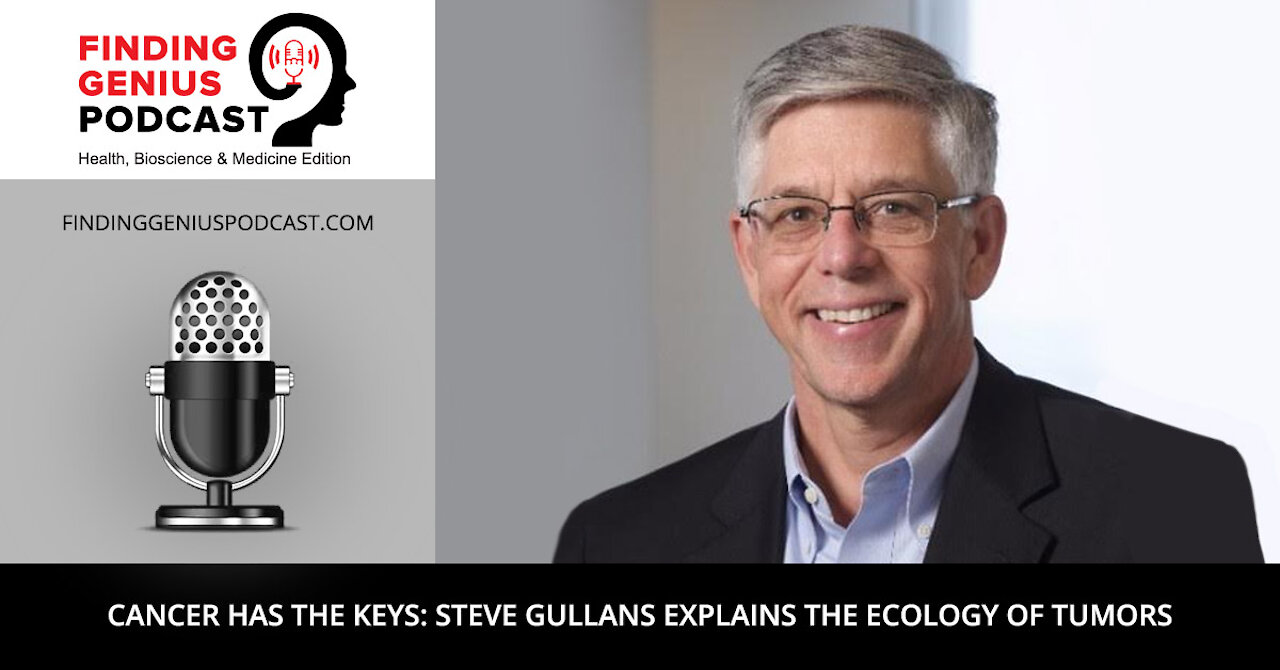
Cancer Has the Keys: Steve Gullans Explains the Ecology of Tumors
There are natural alliances, when certain kinds of tumors end up in obvious places," says Steve Gullans, and because cancer cells know how to unlock entry into different types of cells and tissue, they naturally settle where their tools let them. This is how he answers Richard's question about communication and cancer cells. As co-author of Richard's new cancer book, he shares years of insights and experience with listeners. Listen and learn
How, as part of the team to first sequence a tumor, he describes single-cell sequencing and informatics,
Why immune cells like lymphocytes being present in tumors or around tumors makes a difference with effective drugs,
How metastases are much harder to treat than primary tumors and what needs to be done to change that, and
Why the microenvironment around tumors is an area currently under active investigation and what scientists hope to discover.
Steve Gullans has extensive experience in all aspects of the life sciences, from Chief Executive Officer of Gemphire Therapeutics to the co-founder and managing director of a life sciences venture capital firm. He's an academic scientist, speaker, and author and was been involved in cancer research and therapeutics for decades. He gives listeners a cogent take on what we know about tumor sequencing. For example, while a few genes show up repeatedly because they are fundamental to the mutation that is part of a tumor, "a single mutation is generally not sufficient" for a tumor to take hold. The immune system is too powerful.
Instead, they have found sub mutations adapting to the environment. Furthermore, it’s the cells will to survive, to adapt to efforts like chemotherapy, which become the driver in cancer's progression. He gets specific about other types of drugs and therapies, addressing attempts to "untangle the web" of drugs being used, but also about the advances in what may be soon on its way. He says that there is a global effort to develop better treatment, and scientists are thinking about "these multiple cocktails of therapeutics and marrying the true diagnostic markers, the diagnostics with different regimens." Listen in for more about this promising research
-
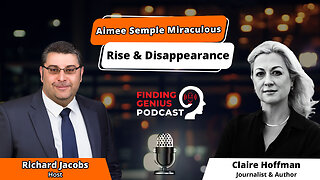 29:05
29:05
FGP
1 day ago📖 Sister, Sinner, Icon: Aimee Semple McPherson’s Miraculous Rise & Disappearance 🙏✨
141 -
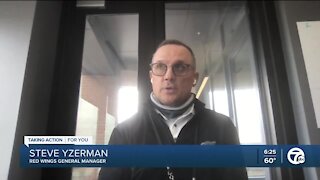 1:19
1:19
WXYZ
4 years agoRed Wings GM Steve Yzerman explains Anthony Mantha and Jakub Vrana trade
16 -
 0:42
0:42
pitamber365
4 years ago $0.11 earnedCures over time cancer tumors boost immune system
5432 -
 1:00
1:00
WXYZ
4 years agoCancer Landscape
94 -
 3:55
3:55
WPTV
4 years agoWEB EXTRA: Urologist explains signs, symptoms of prostate cancer (4 minutes)
74 -
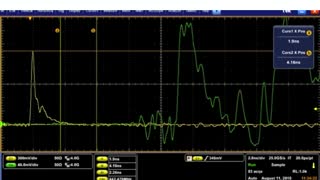 2:35
2:35
griffinswashington
4 years agoCould we have saved Steve Jobs from Pancreatic Cancer? (part 2 of 2)
38 -
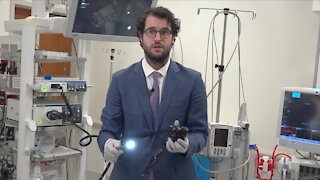 5:26
5:26
WMAR
4 years agoMedStar Health Cancer Network - Colorectal Cancer
203 -
 5:40
5:40
KTNV
4 years agoSkin Cancer Awareness Month
50 -
 2:51:54
2:51:54
megimu32
12 hours agoTGI...FORTNITE?!? Friday Night Chill!
58.7K6 -
 2:36:45
2:36:45
I_Came_With_Fire_Podcast
20 hours agoEDU DEPT LAYOFFS HALTED | BIDEN CANCER | NVIDIA CRIES | TRUMP
54.2K7